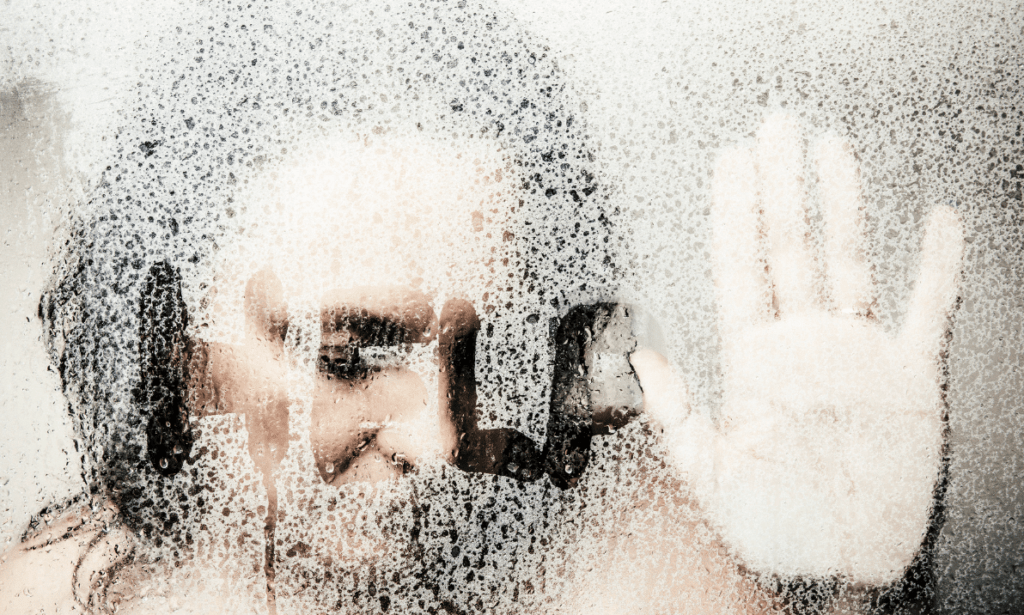By Rehab Fayed
Your body’s unconscious response and assessment of danger happens within hundredths of a second. It’s no different with domestic abuse.
Imagine hearing a loud ROAR and you hear there is a lion on the loose in your neighborhood. Your body’s natural defense response will activate to ‘focus’ on what’s happening around you. Your body will become alert, your heart rate increases, your blood pressure will rise, and your pupils will dilate. Your senses scan your environment for all potential threats from this lion. Except this isn’t a lion. This is someone you love.
You freeze hoping to remain unnoticed. Hoping it will stop if you become invisible. You have seconds to assess and choose what to do next to increase your chances of survival. You’re full of fear and your primal instincts kick in to save yourself from being eaten up. Except, this isn’t a lion. This is your husband in a rage.
The noise of threat is getting louder and things are breaking around you. Do you fight or flight?

Your body releases the hormone cortisol. You are now ready for flight. Your heart is beating so fast you can hear it in your ears. Your breath is quicker, and your entire body is geared towards escaping the threat. Your energy will go into your muscles to maximize your speed into flight mode, so you can RUN.
Whoosh… more cortisol going through your body. Where the hell are you to go? The odds are against you. You can’t outrun the beast in your own home. You are cornered and you have to protect your body. Your fight mode flips on. You’re being attacked but you’re not feeling the pain yet. Everything is spinning around and you’re still hearing your heartbeat like it will explode. You try to fight back but he’s much bigger than you.
You play dead. A mental and physical anesthesia comes over you as you flop. Your system becomes so overwhelmed it can’t cooperate. You faint. You lose control over your body and dissociate. You feel there is no way to defeat or escape this. You begin to think that resistance will worsen the situation instead of help. So, you begin to disconnect, and you check out of your body. It helps with the pain while you wait for it to end.
He swears it will never happen again… You’re so confused and too enmeshed to see a way out. You begin to rationalize. Your body releases oxytocin. The hormone you need to help manage and adapt around danger.

When abuse at the hands of someone you’re intimate with is ongoing, you adopt a survival mechanism called fawning. High-stress situations teach you to bargain and negotiate your survival. You learn to please. Submitting to and anticipating the needs of your abuser becomes your daily focus. This is how you can predict the danger and avoid it before it happens. You become hyper-alert to signs of triggers and an expert on body language. You exhaust energy playing out future reactions and scenarios and how to avoid them. You walk on eggshells around a wild animal in fear of being eaten. In that continuous state of fear, you lose your sense of self and identity. You bend acrobatically as your body is worn out by the stress in an attempt to not awaken the beast. While you struggle to befriend the lion, this traumatic bond becomes the closest thing you’ve known to love. Except, this isn’t love. This is the cycle of abuse. An unhealthy addiction to cortisol and oxytocin. This is the abandonment of yourself. Don’t give up on the rest of your life. Choose yourself.
If you or anybody you know is in a situation of domestic violence, you are not alone, help is available. These organizations are here for your anonymous support:



